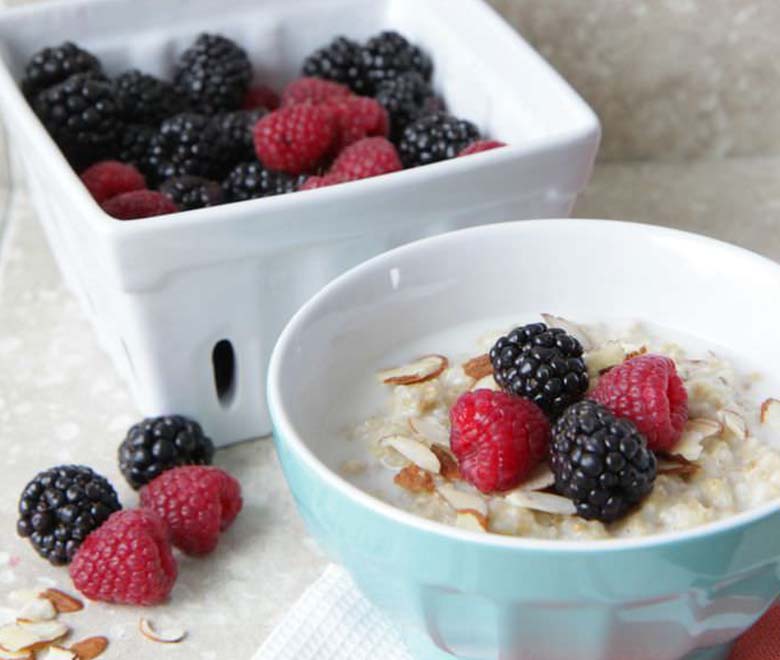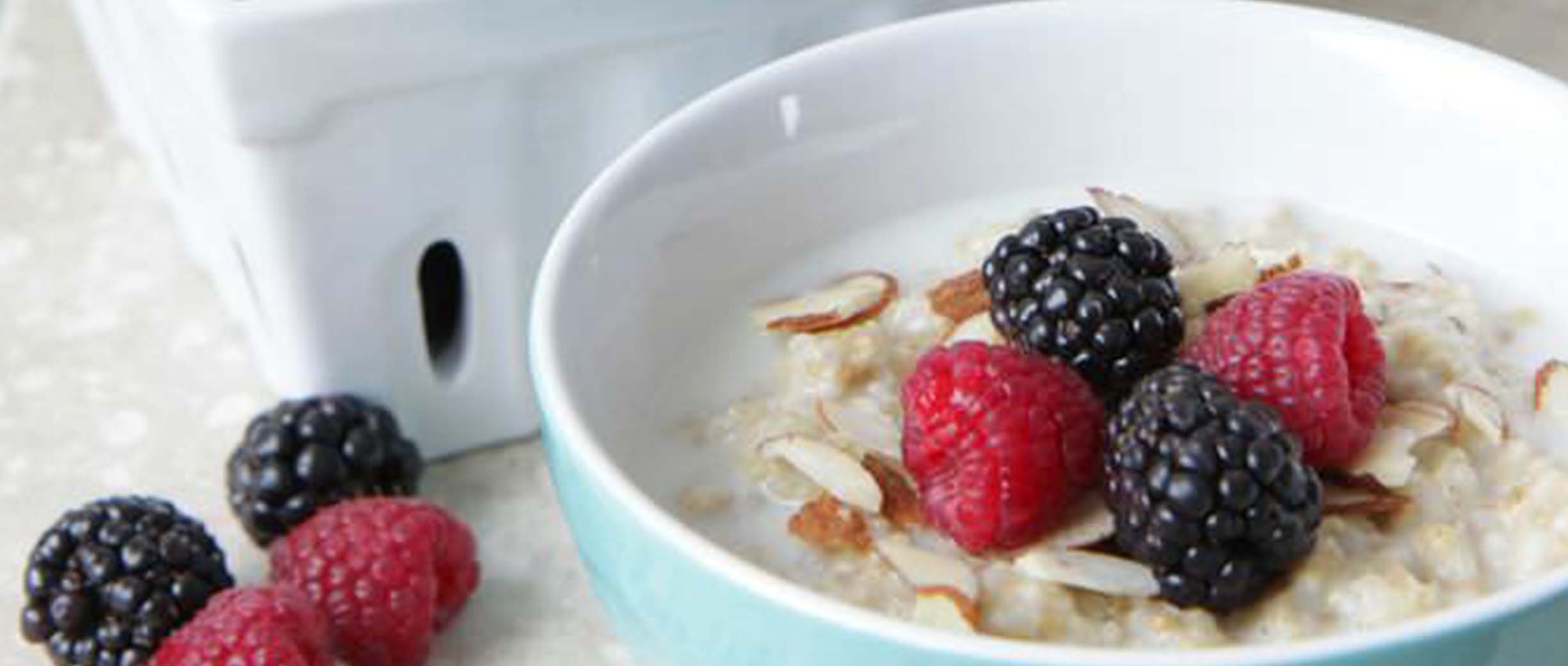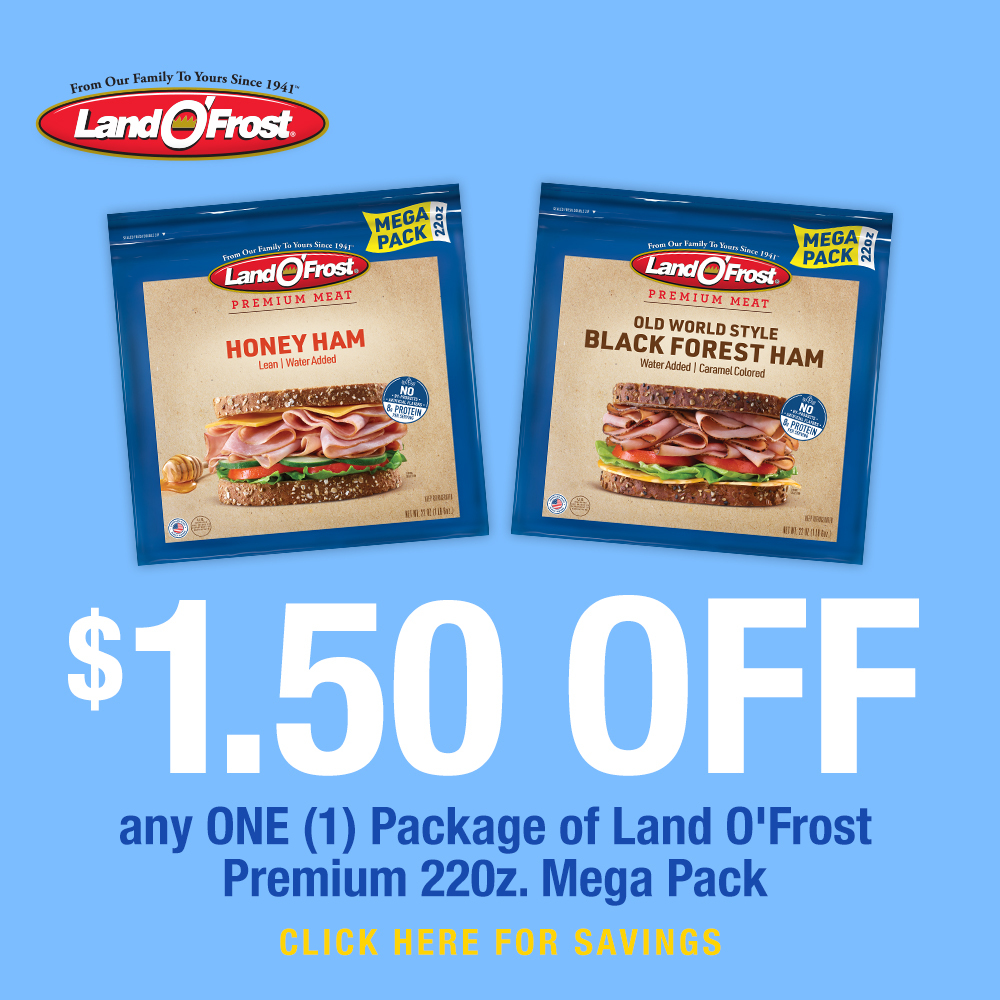This year, after years of battling stomach issues, I discovered that I was intolerant to gluten and would need to begin a gluten-free diet to help my body heal and feel better.
After being on the diet less than a year, I am amazed at how much better I feel, both mentally and physically. The transformation has been wonderful for me, but gluten-free eating comes with many challenges and hurdles.
Learn What It Means to Eat Gluten-Free
Before I began a gluten-free diet, I really did not understand what it included and excluded. When I talk to friends now, there are a lot of misconceptions about what eating only gluten-free foods means. Many people think it’s a great way to lose weight and a fad I’m trying since it’s so popular.
A gluten-free diet excludes foods containing gluten, a protein composite found in wheat (including kamut and spelt), barley, rye and triticale. The diet is the only medically accepted treatment for celiac disease, but many other people have discovered they are intolerant to gluten, leading them to also adopt the diet. While the consequences of eating gluten for those who are intolerant are not as severe as those who have celiac disease, there are still consequences. For me, it usually included feeling like I was in a fog and three days of being sick.
It also means that you have to read labels
all the time, and you learn to appreciate companies that provide clearly labeled packaging for consumers. Gluten can be hidden in many common items including soy sauce, oatmeal and beer. Luckily, you’ll discover brands of gluten-free soy sauce, oats, and you can even enjoy gluten-free beers and ciders with your friends. All is not lost.
As you navigate the store, utilize your smartphone to research items you are buying to make sure they are gluten-free. Don’t just depend on message boards, as everyone’s reactions can be different, but look to the manufacturer’s website for valid information about the safety of products.
A Gluten-Free Diet Doesn’t Always Ensure Weight Loss
The reason I began to explore a gluten-free diet was because I had been sick daily for almost a year. I had dropped to 100 pounds, and I felt malnourished and weak instead of the energetic and healthy woman I was before.
It takes time for your stomach to heal, but when you begin healing, it is quite common to actually put on weight instead of losing it. In my case, I really needed to gain it because I had been sick for so long.
When omitting foods like bread, pasta, cakes and carb-filled goodies, it is definitely possible to lose weight. But what I immediately did was try to replace those items with gluten-free versions, which almost always had more calories than the gluten-filled versions I consumed before.
If your strategy is to lose weight, read labels and rely on whole foods rather than the gluten-free processed foods you might substitute for your favorite treats.
There Might Be a Mourning Process
When I found out I could no longer eat gluten, I slipped into a bout of a depression. In light of all the things that are happening in the world, it is such a minor thing, but it impacts me daily. Eating at home wasn’t a problem, but dining out, attending events and parties, and eating when traveling became a nightmare. I could no longer eat carefree at restaurants, had to bring my own food, eat before I went anywhere, or make special arrangements everywhere I went.
The first couple of weeks, I was an absolute mess. It can feel very isolating seeing everyone share a pizza or birthday cake while you sit with a
bowl of quinoa. It isn’t sunshine and roses, but I promise it gets easier as you learn how to plan for things. I wish someone had told me that it was normal to mourn the loss of eating like everyone else in my situation, and that someday it would get easier.
It Gets Easier With Time
My last words of advice are that it will get easier, but it takes a little time, research and willpower to adapt. Research the best brands of gluten-free pastas for your favorite dishes, rely on all-purpose, gluten-free flour to make baking easier, and simplify recipes as much as possible until you get the hang of it.
You will find new favorite foods and great restaurants that will cater to your needs — and you will love them for it. You will also find a community of people, whether online or friends, who will help you navigate the tough beginning days.



